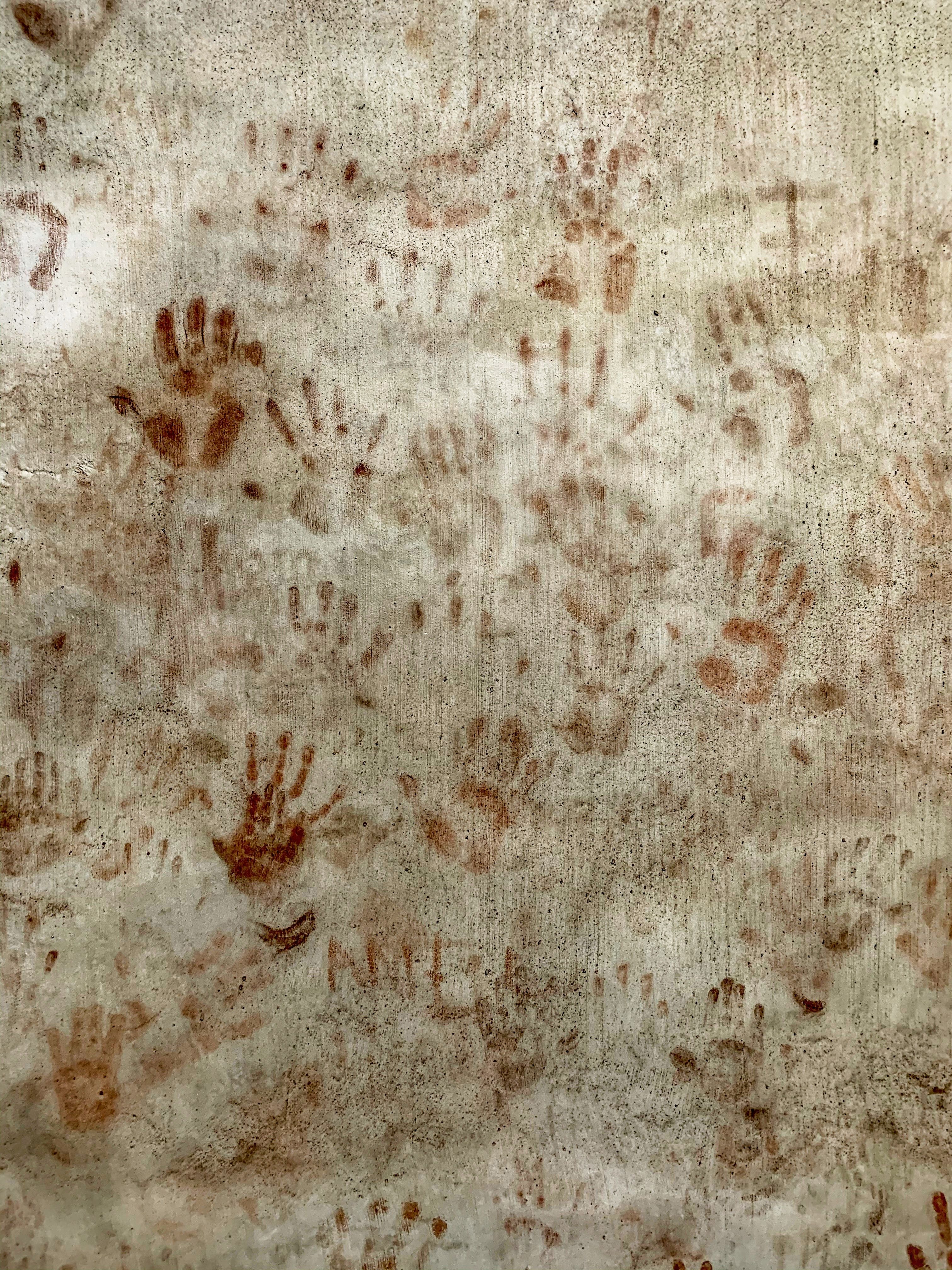House panel told: 20,322 drug suspects slain during first 17 months of Duterte admin
At A Glance
- The House Committee on Human Rights learned Wednesday that 20,322 drug suspects were slain between July 1, 2016 and Nov. 27, 2017--roughly the first 17 months under former president Rodrigo Duterte.
 (Unsplash)
(Unsplash)
Just how bloody was the war on drugs during the previous Duterte administration?
The House Committee on Human Rights learned Wednesday that 20,322 drug suspects were slain between July 1, 2016 and Nov. 27, 2017--roughly the first 17 months under former president Rodrigo Duterte.
The figure--which represents a fatality count of nearly 40 a day--is more than three times the official count of 6,200, as acknowledged by the Duterte administration for the duration of his six-year watch.
In the course of Wednesday’s hearing by the committee chaired by Manila 6th district Rep. Bienvenido Abante Jr., human rights lawyer Jose Manuel Diokno read a portion of an “extended resolution” of the Supreme Court (SC) which cited the shocking figures on drug war deaths supplied by Duterte’s own office.
He said the SC took note of the 2017 yearend accomplishment report of the Office of the President in a case entitled, “Amora vs Dela Rosa” filed in 2018. This refers to former Philippine National Police (PNP) chief and now Senator Ronald dela Rosa.
Diokno said that of the death toll, 3,967 were killed “by the police in police operations,” while 16,355 were waylaid “by riding in tandem and other unknown persons".
The phrase "extra judicial killings" or EKJ was commonly spoken by critics during the Duterte administration, which lasted from June 30, 2016 to June 30, 2022.
Diokno said the SC resolution put the daily average of drug suspects killed “at 39.46” during the period cited in the OP accomplishment report.
“This Court wants to know why so many deaths happened,” Diokno quoted the resolution.
Asked by Abante about the 6,200 official figure, the human rights lawyer said, “I don’t know where it came from.”
Drug watch groups had estimated that between 27,000 and 30,000 were killed in Duterte’s drug war during his administration.
Asked to comment on the SC resolution, Duterte’s Executive Secretary Salvador Medialdea, who attended the hearing, said he would have to check on it.
“There were various figures floated - 6,000, 30,000 and now more than 20,000. We don’t know anymore which to believe,” Medialdea commented.
After hearing the report quotes by Diokno, Abante said, “This in unimaginable. I never realized this could happen.”
However, the pastor-congressman chided Diokno and other human rights lawyers for failing to file a “class suit” against Duterte.
Diokno replied: “Your honor, the families of the victims were afraid - and are afraid until now - to file cases.”
The mothers of two drug suspects and the wife of another tearfully narrated to the human rights panel how their sons and husband disappeared and became victims of “tokhang"--a PNP program that was first carried out by Dela Rosa. It is closely associated with the war on drugs.
Dalia Quartero claimed her 26-year-old son Jessie Quartero was killed by the Bulacan police, while Kristine Pascual said her 17-year-old son was slain by Pangasinan policemen. Honey Jane Lee, on the other hand, said her husband Michael, a jeepney passenger barker, was a “tokhang” victim of the Caloocan police.
The victims’ relatives were assisted by lawyer Kristina Conti of Rise up for Life and for Rights in coming out to tell their stories. She said there are many more families whose kin died in the hands of policemen during Duterte’s drug war that are still afraid to tell their sad experiences publicly.
Abante assured Conti of the families' safety and protection should they testify before his committee. “I myself is laying my life on the line here. They should not be afraid,” he said.
The victims’ relatives said they hoped the International Criminal Court (ICC) would soon find Duterte responsible for the drug war deaths.